Creating a legal corridor for teaching professional activities
According to the plan, the draft Law on Teachers will be considered and approved at the 9th Session of the 15th National Assembly. Many teachers in Nghe An also hope that when the Law comes into practice, it will create a favorable legal environment for the development, standardization and improvement of the quality of teachers and education.
DraftLaw on TeachersConsisting of 9 chapters and 45 articles, it regulates professional activities, rights and obligations of teachers; titles and professional standards of teachers; recruitment and use of teachers; salary and remuneration policies for teachers; training, fostering and international cooperation for teachers; honoring, rewarding and handling violations of teachers; and management of teachers.
These policies aim to concretize the Party's guiding viewpoint: "Developing education and training is the top national policy, teachers play a decisive role in the quality of education", creating a favorable legal environment for developing, standardizing and improving the quality of teachers.
Besides, ensure equality between public and non-public teachers in terms of quality and professional activities; remove obstacles and difficulties in the practice of teacher management.
Teacher Pham Thi Thu Hang - teacher at Ha Huy Tap Secondary School (Vinh city):Want to strengthen the spirit of respecting teachers
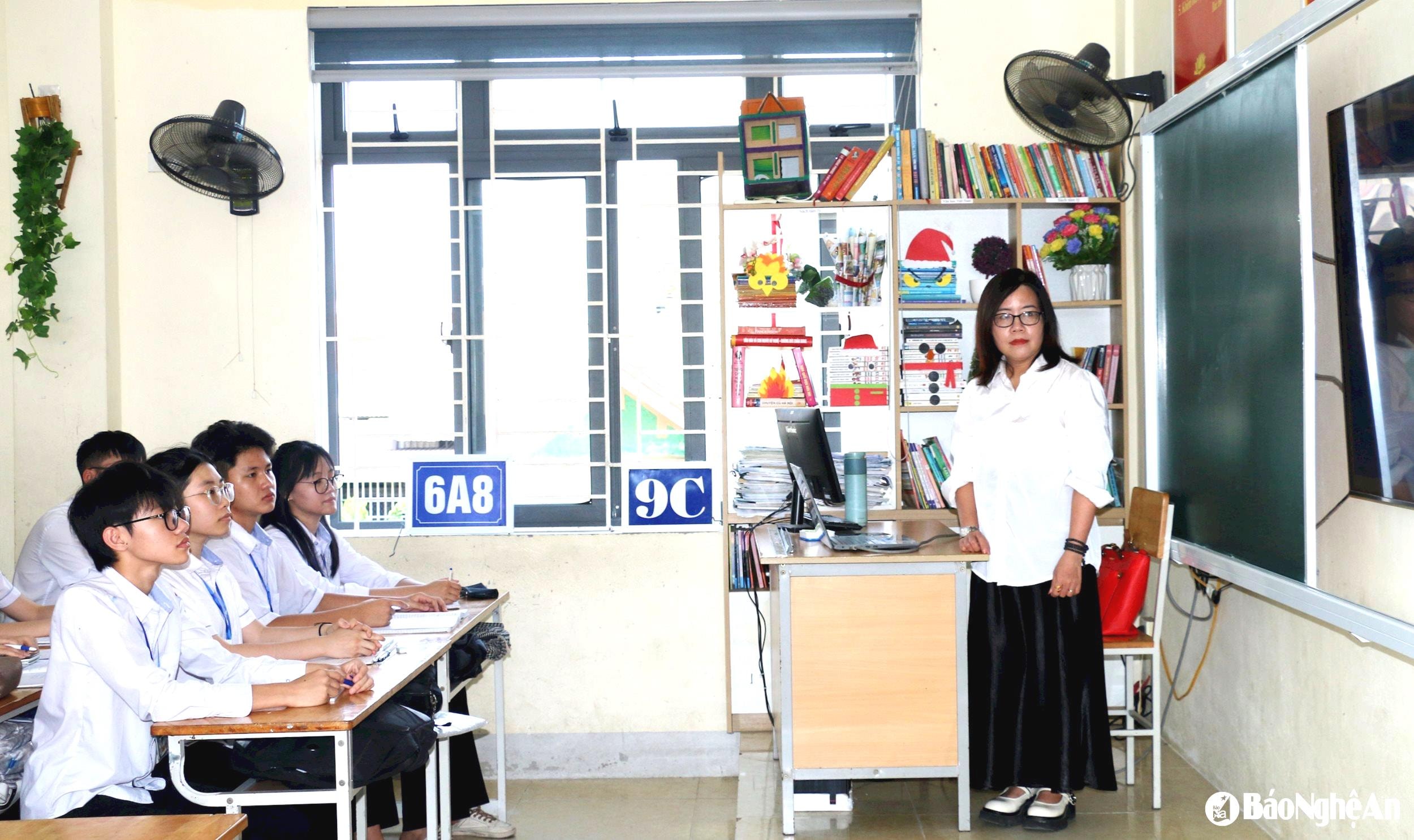
I think that the Law on Teachers issued at the present time is very appropriate and I am very pleased that the Law has mentioned many different aspects of teachers. That shows the attention of the Party and the State for the country's teaching staff.
But with nearly 30 years of working in the industry, I see that the current education work has changed and we still have concerns. For example, if teachers violate the regulations, we will be handled according to the regulations. But when teachers are insulted or disrespected by parents or students, the handling is currently quite lax. In many cases, we can criticize a teacher if he or she has inappropriate behavior, but we are willing to forgive parents if they have inappropriate behavior towards teachers.
VeryMany teachers are interested in transparency and “legalization” to restore the status of teachers and the spirit of respecting teachers. That will also help to improve the work of teaching and educating students.
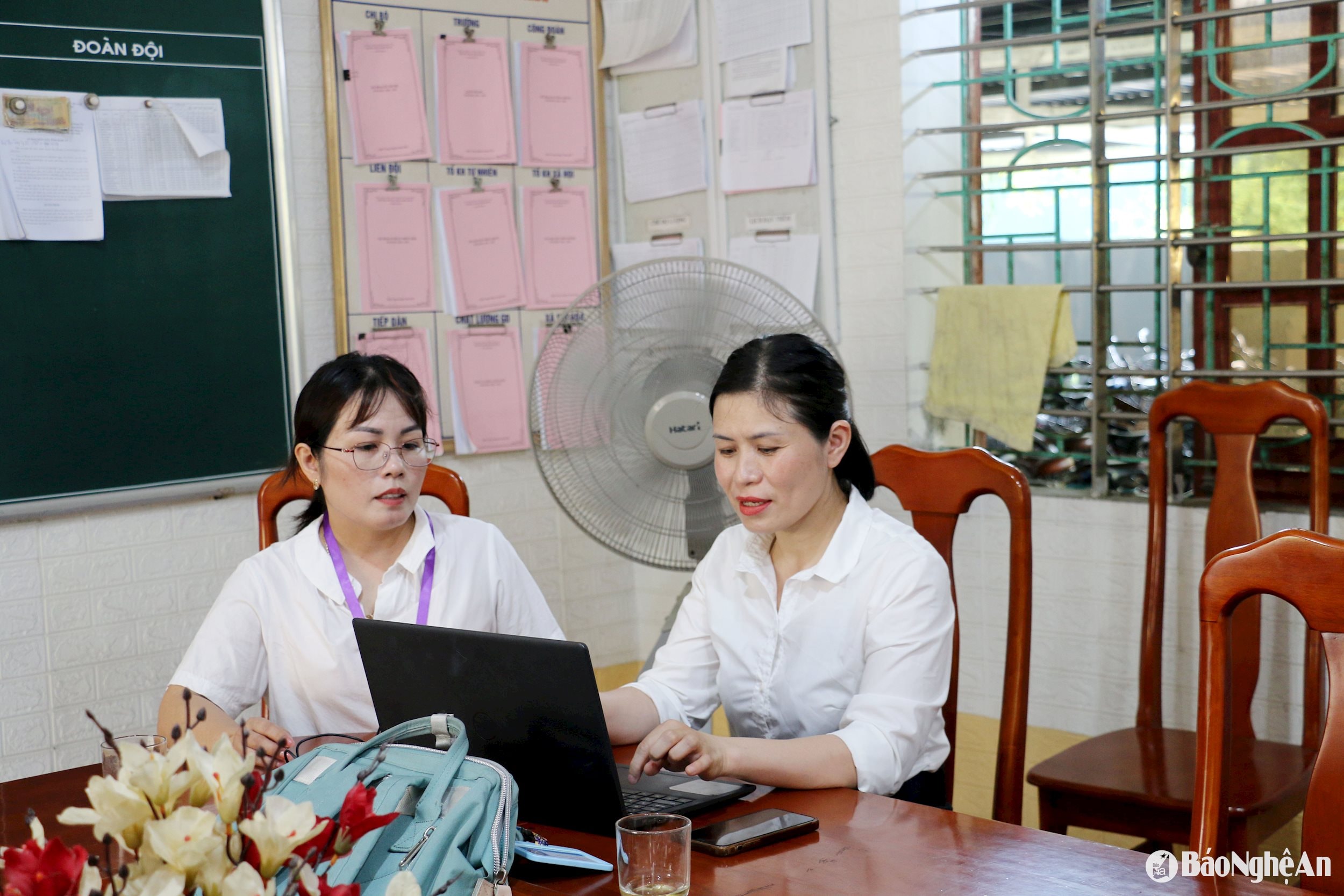
Teacher Nguyen Van Hai - Principal of Que Phong Secondary Boarding School for Ethnic Minorities (Que Phong): Create conditions for teachers in mountainous areas to stay attached to the school and the village.
I am very pleased that the Law on Teachers proposes to rank teachers' salaries at the highest level in the administrative career system.
In addition to the basic salary, teachers are also entitled to preferential allowances and other allowances depending on the nature of the job and the region. This is to ensure the legitimate rights of workers in the education sector.
If the new salary policy and preferential regimes are legalized, they will contribute to retaining teachers in ethnic minority, mountainous and border areas.
For many years now, not only in Que Phong district but also in many other localities, many teachers after a period of working in mountainous areas have asked to move to the lowlands with the main reasons being that salaries and welfare policies have not met the needs of life and they want to be closer to their families. Therefore, issuing specific policies to attract teachers, especially good and capable teachers to work in mountainous districts is very practical. These are difficult areas, and in recent times, there has always been a serious shortage of teachers.
In addition, policies to attract and employ teachers are also taken into account to create opportunities to attract qualified, talented, gifted and highly skilled people to work in the industry. At the same time, the attraction policy also helps those who come to work in disadvantaged areas to feel secure in their work.
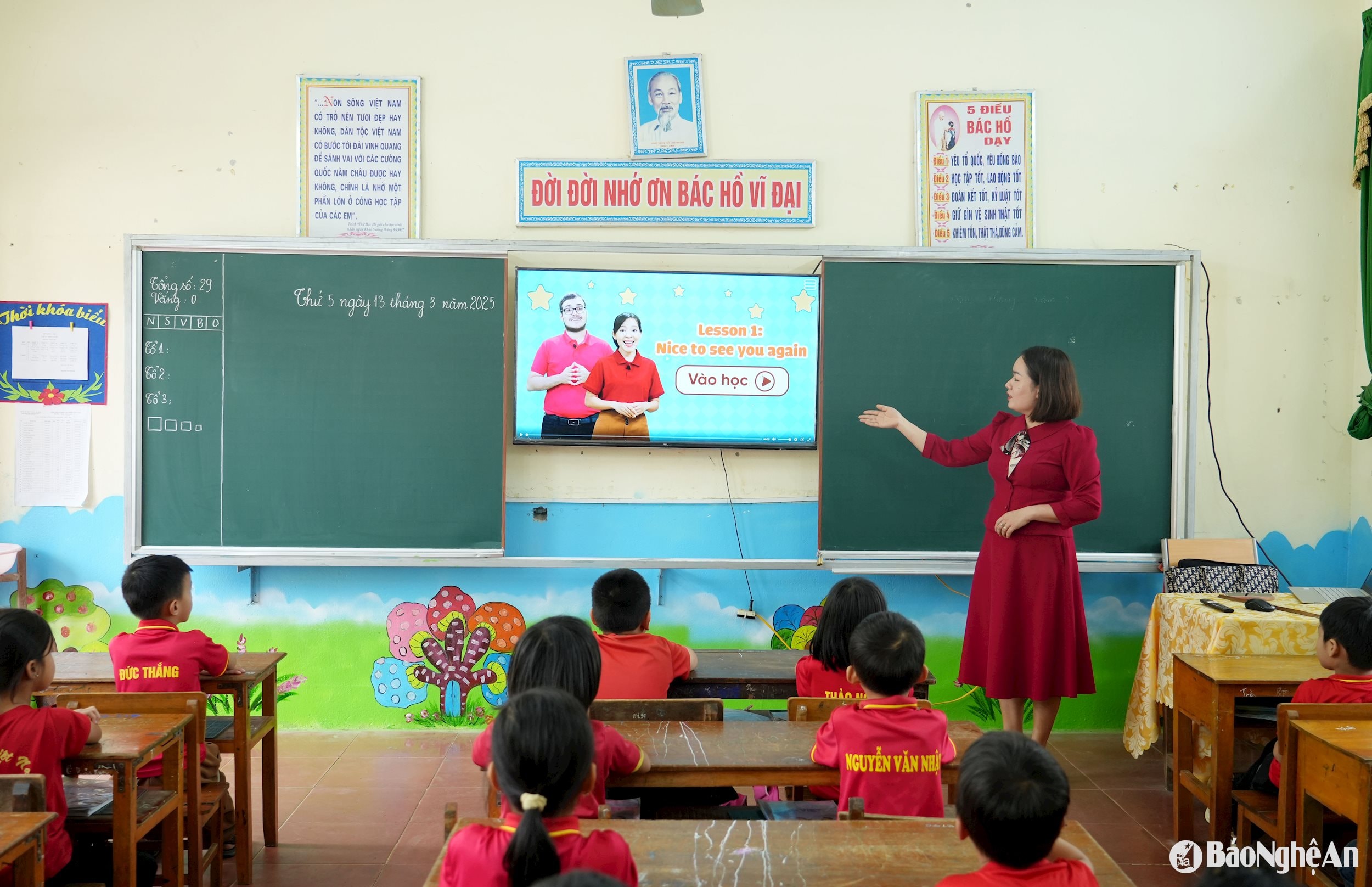
Teacher Le Thi Thuy Hang - Principal of Nghi Trung Secondary School (Nghi Loc):When the Law comes into life, it needs to be close to reality.
After many years of management, I have seen many difficulties in practice due to inconsistent regulations and practical conditions. Specifically, according to the current staffing standards, each class at the secondary level will be assigned 1.9 teachers/class, but in reality, schools are only assigned at a ratio of 1.7. Or according to the 2018 General Education Program, schools need to be assigned teachers to be able to teach integrated subjects such as Natural Sciences and History - Geography. Meanwhile, currently, teachers are still having to teach independent subjects, if any, they are concurrently teaching, which is ineffective.
From these shortcomings, I hope that documents related to the regime and policies for teachers will be implemented synchronously according to regulations. In addition, the State gives autonomy to schools, so it is necessary to soon put the job position project into implementation, helping individuals with dedication and capacity to receive the fruits of their labor, avoiding equalization.
Professor, Dr. Thai Van Thanh - Director of Department of Education and Training:Creating "corridors" and legalizing teachers' professional activities
The Law on Teachers has demonstrated the deep concern of Party and State leaders for the teaching staff, demonstrating investment in the future of the country.
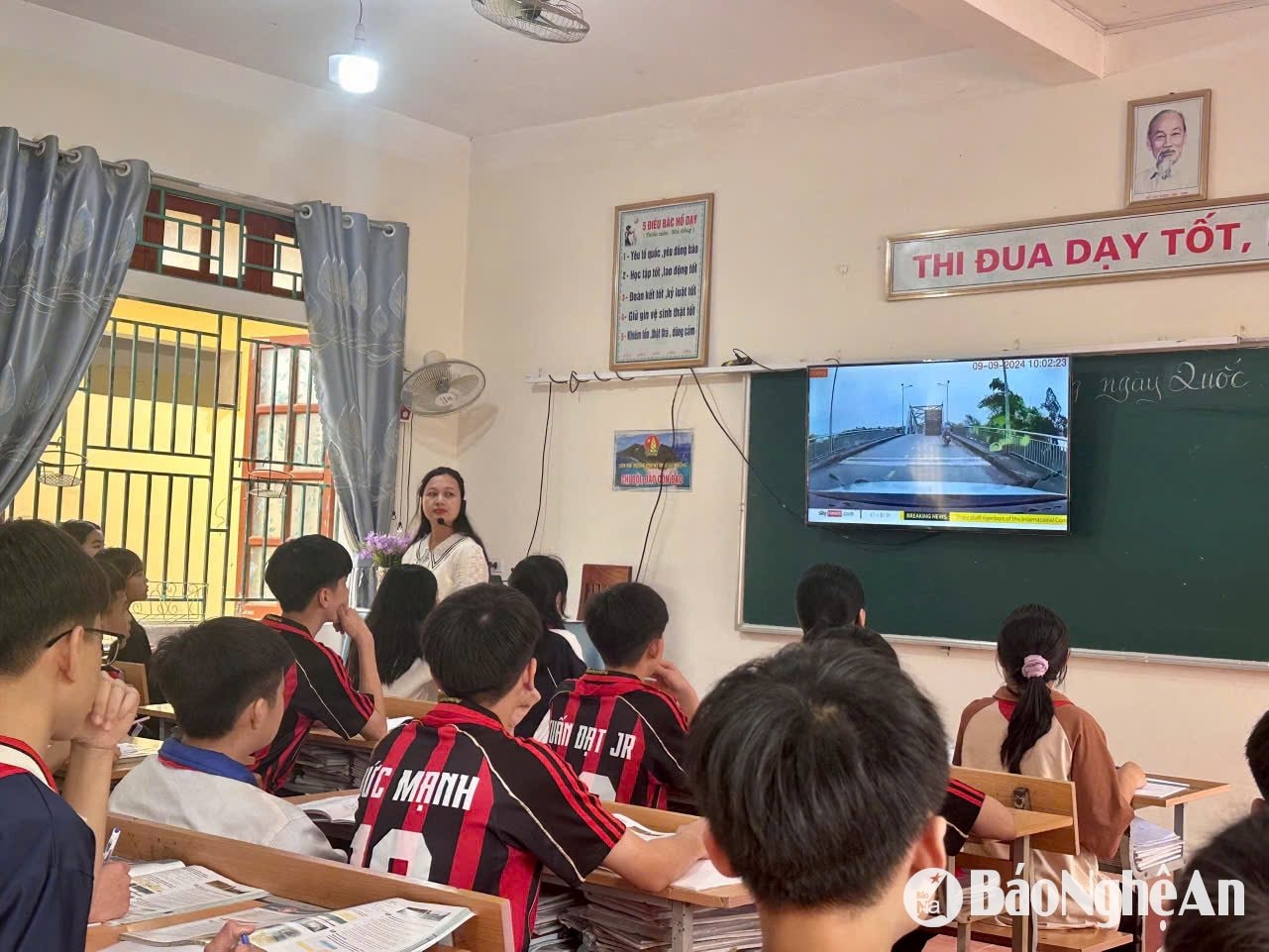
The Law on Teachers, once passed, will have a huge impact and profound meaning for the professional activities of teachers. From there, the legal status of teachers, the tradition of respecting teachers, the respect and honor for teachers among the people will be legalized and implemented by the whole society and the political system. The team of teachers will have an environment and legal corridor to be honored, recognized, dedicated and creative.
However, to honor and recognize teachers, the legal status should be more clearly defined. In addition, when the Law is promulgated and to be implemented truly deeply and effectively, there should be some specific regulations and criteria, close to reality, to facilitate units in the implementation process.


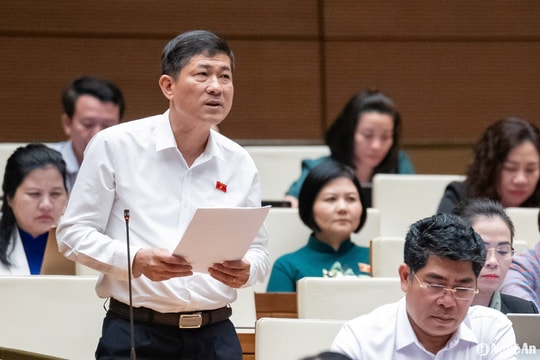
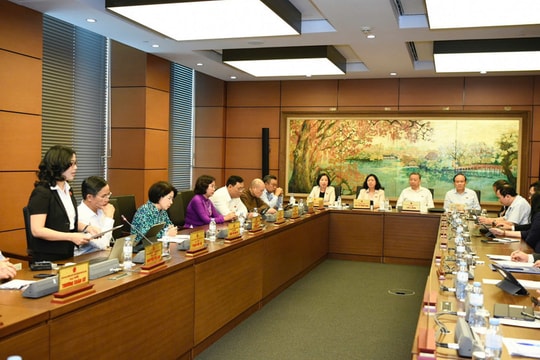
.jpg)

